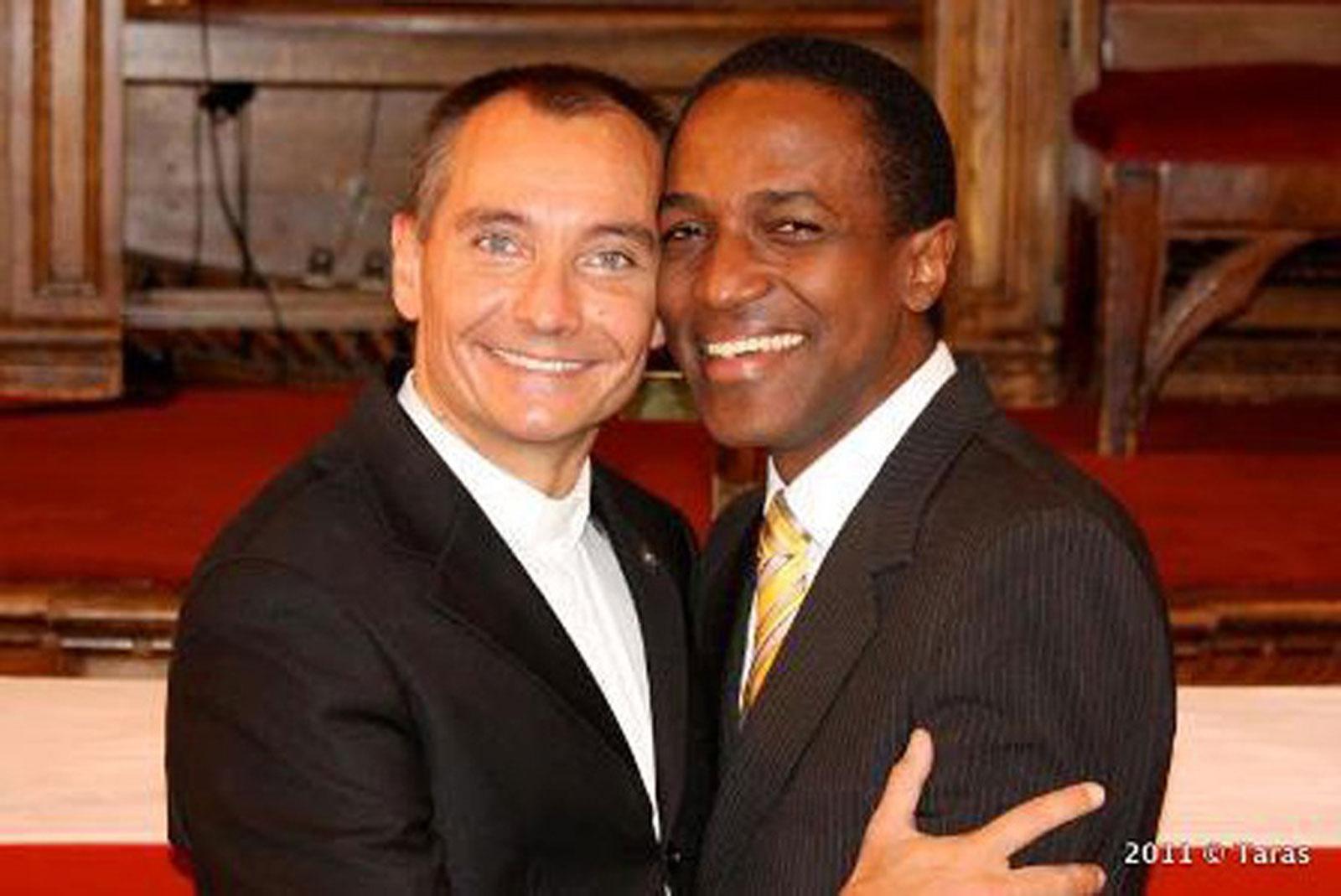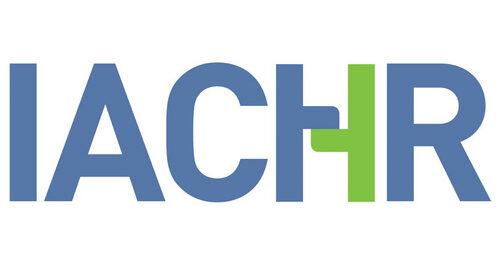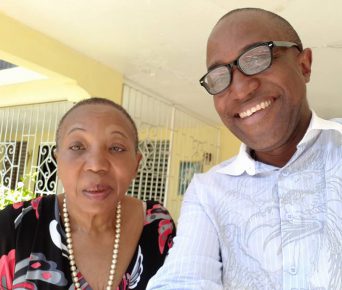Regional human rights body accepts challenge to Jamaican ban on marriage equality
Maurice Tomlinson of Jamaica and Canada has been involved in…

COMMENTARY
After a four-year wait, the highest human rights body in the hemisphere that Jamaica recognizes finally accepted my case challenging the country’s ban on my marriage.

In its decision released this week, the Inter-American Commission on Human Rights (IACHR) agreed with my argument that Section 18 (2) of Jamaica’s constitution possibly violates several of my rights guaranteed under the American Convention on Human Rights. These rights include privacy, equal protection, and to form a family.
Specifically, the discriminatory section provides that “No form of marriage or other relationship … other than the voluntary union of one man and one woman may be contracted or legally recognized in Jamaica.” This means that despite being married for over a decade, my husband, Tom, and I are legal strangers every time we return to my homeland.
I filed this case because my parents were both alone and ailing in Jamaica and my mother was dying. I therefore wanted to return to the island to care for mom and dad. However, to do so, I had to make a choice between my marriage and my parents as Tom would not be granted the right to live or work in the country. And, even if Tom and I visited Jamaica together, we would have no protections if one of us fell ill.
In one instance a Jamaican judge refused to excuse me from attending court when I was in hospital with my husband who was undergoing an urgent medical procedure. According to the judge, my relationship was not recognized under Jamaican law, so, I had no valid excuse. Unmarried heterosexual couples never face this sort of obstacle.

There is overwhelming evidence that Jamaica’s discriminatory ban on LGBT relationships devastates loving couples and families. After launching my case I heard from multiple LGBT Jamaicans who expressed how their relationships and home life remained precarious, despite decades of cohabitation and raising children. Some persons described that they were denied critical health benefits, tax protections, inheritance rights and evicted by their deceased partners’ family members.
Even if a gay couple worked all their lives to build a home together, if one of them died unexpectedly without a will the deceased’s family could kick the survivor out of the home that the couple had worked and built together.
Despite the clear harms to Jamaican citizens the government had argued that the same-sex marriage ban is valid because the original framers of the American Convention did not contemplate same-sex marriage. However, the framers of the Convention deliberately left the classes of discrimination open since they wisely knew that as society progressed new forms of discrimination would be recognized, including against blacks, women, and other minorities.
Now that my case has been accepted, I only hope that it will be heard soon. My mother died in 2021, three years after the case was filed. Now my father is alone, and I really pray that this case can be settled before dad’s health declines even further.





I have great difficulty sympathizing for the author of this polemic because he failed to put Jamaica’s collective animus against homosexuality in any historical context. He criticises ‘effect’ without examining probable (and historical) cause. Thus, his criticism of Jamaican antipathy for homosexuality seems irrational and on its face anti-intellectual. It is neither.